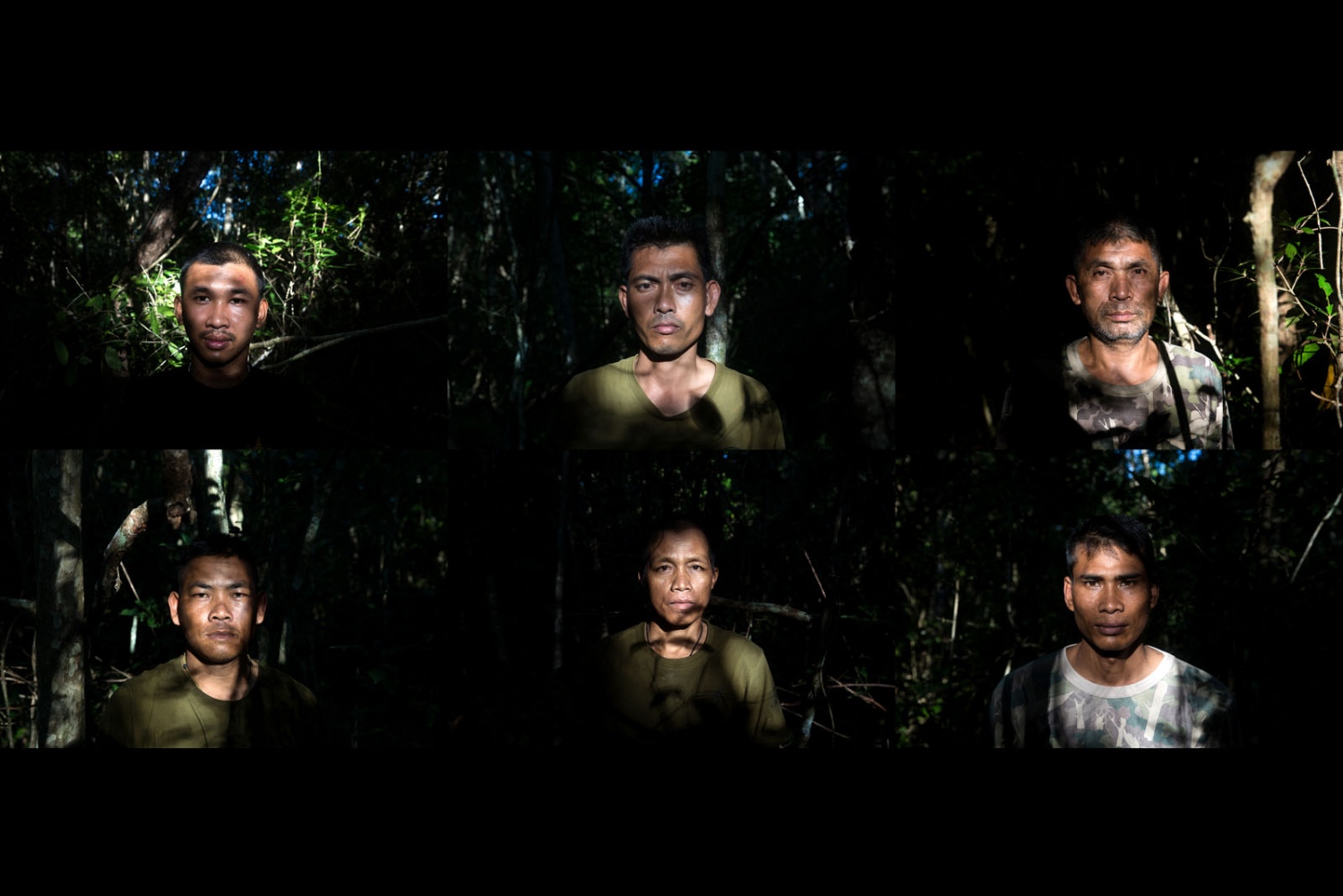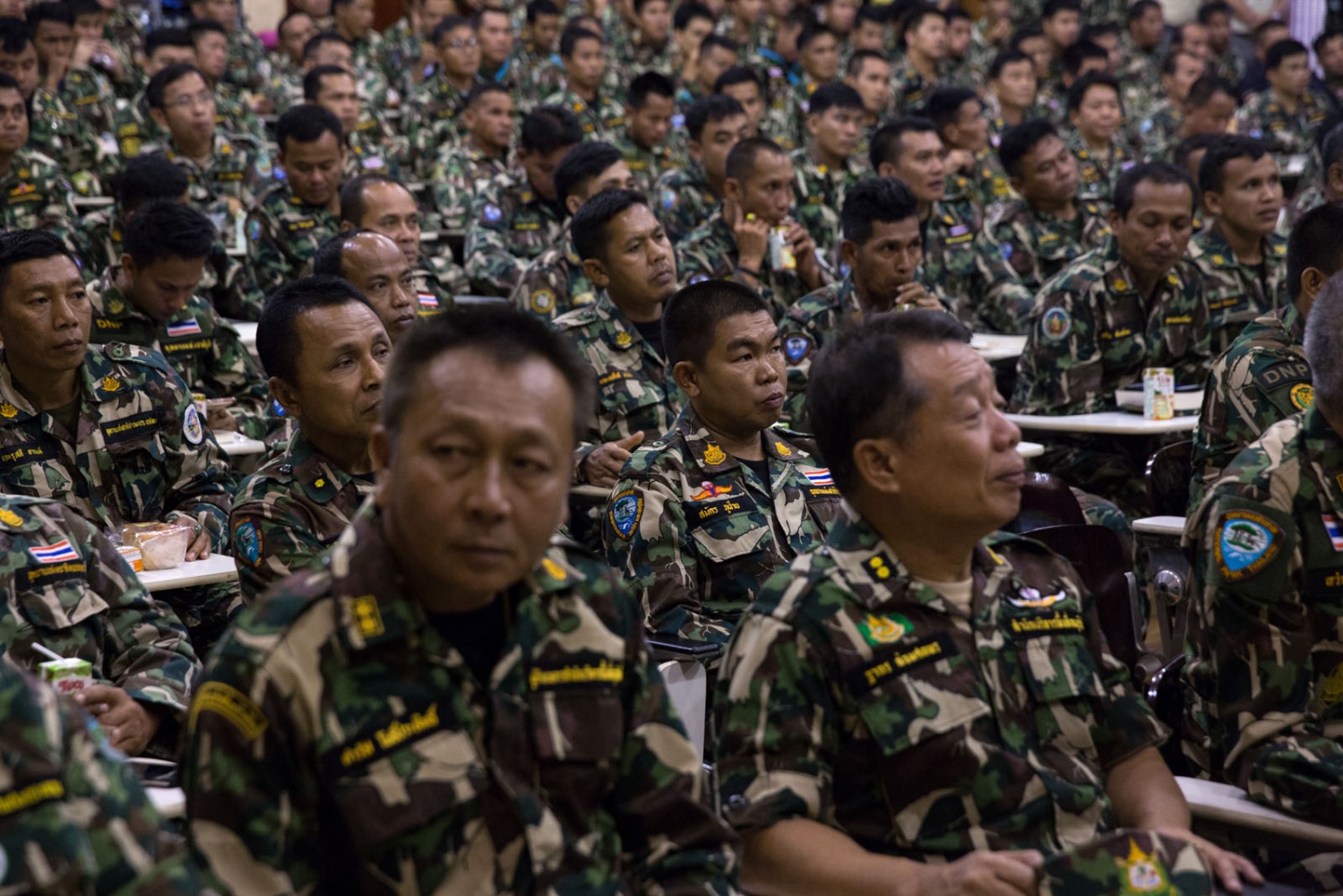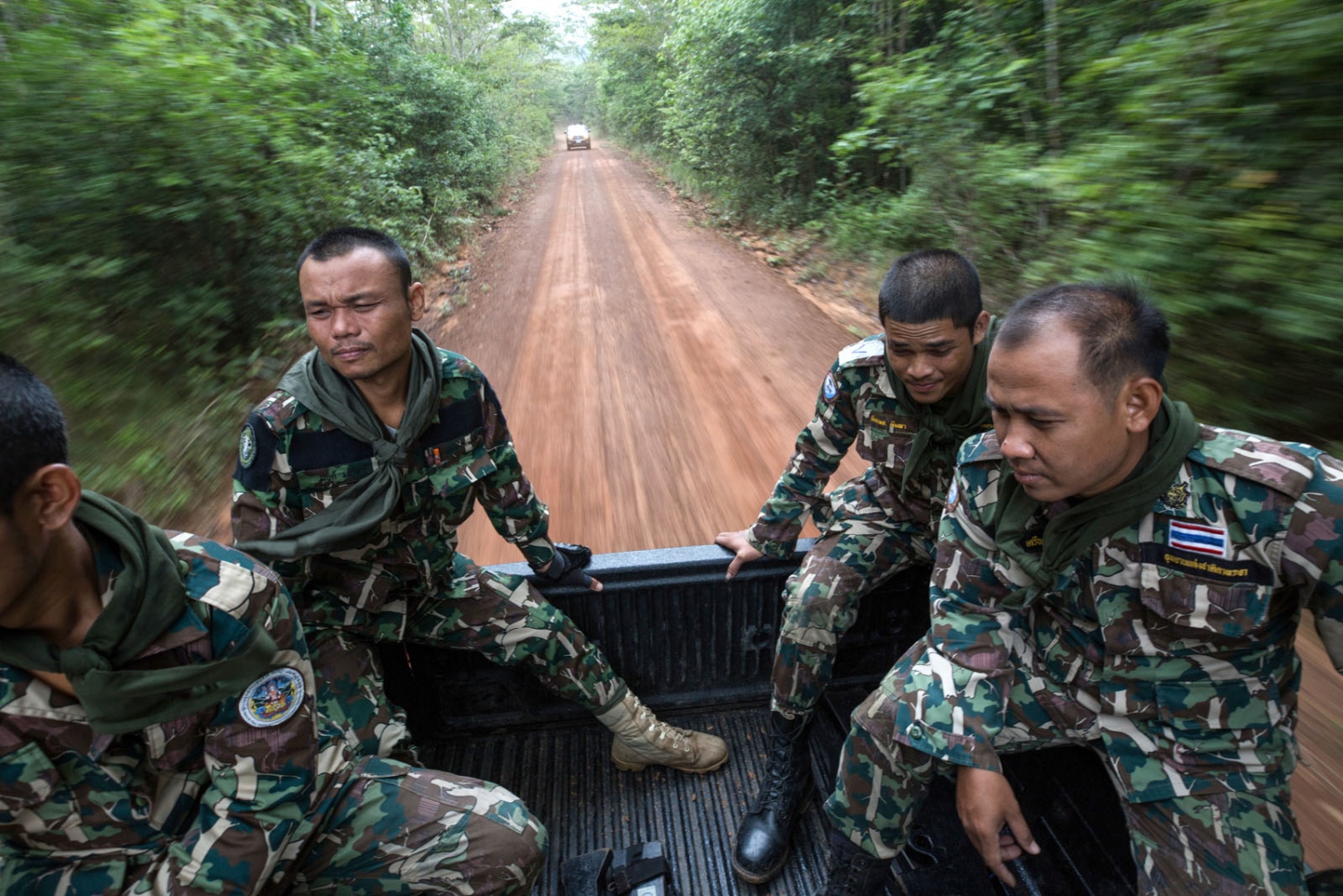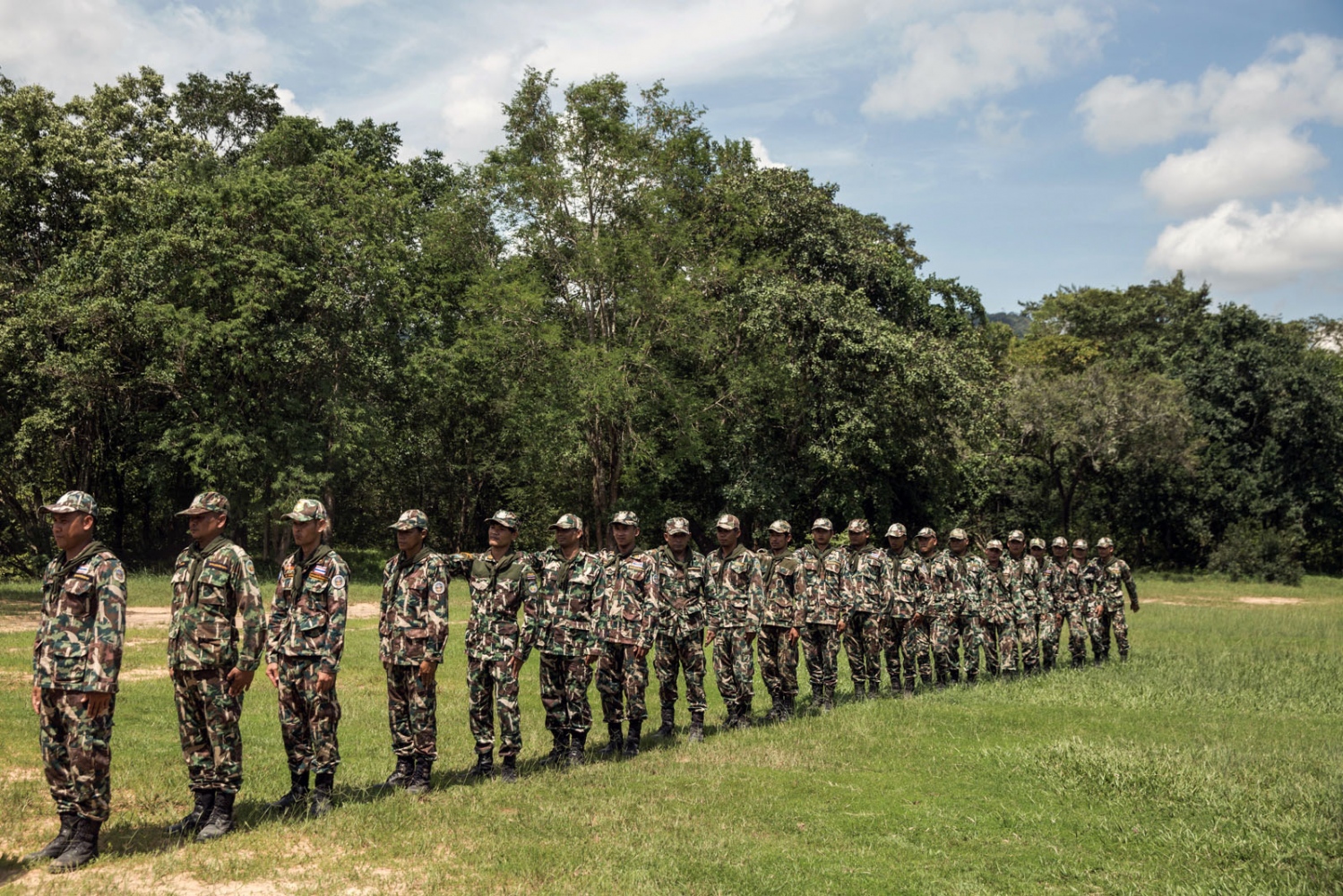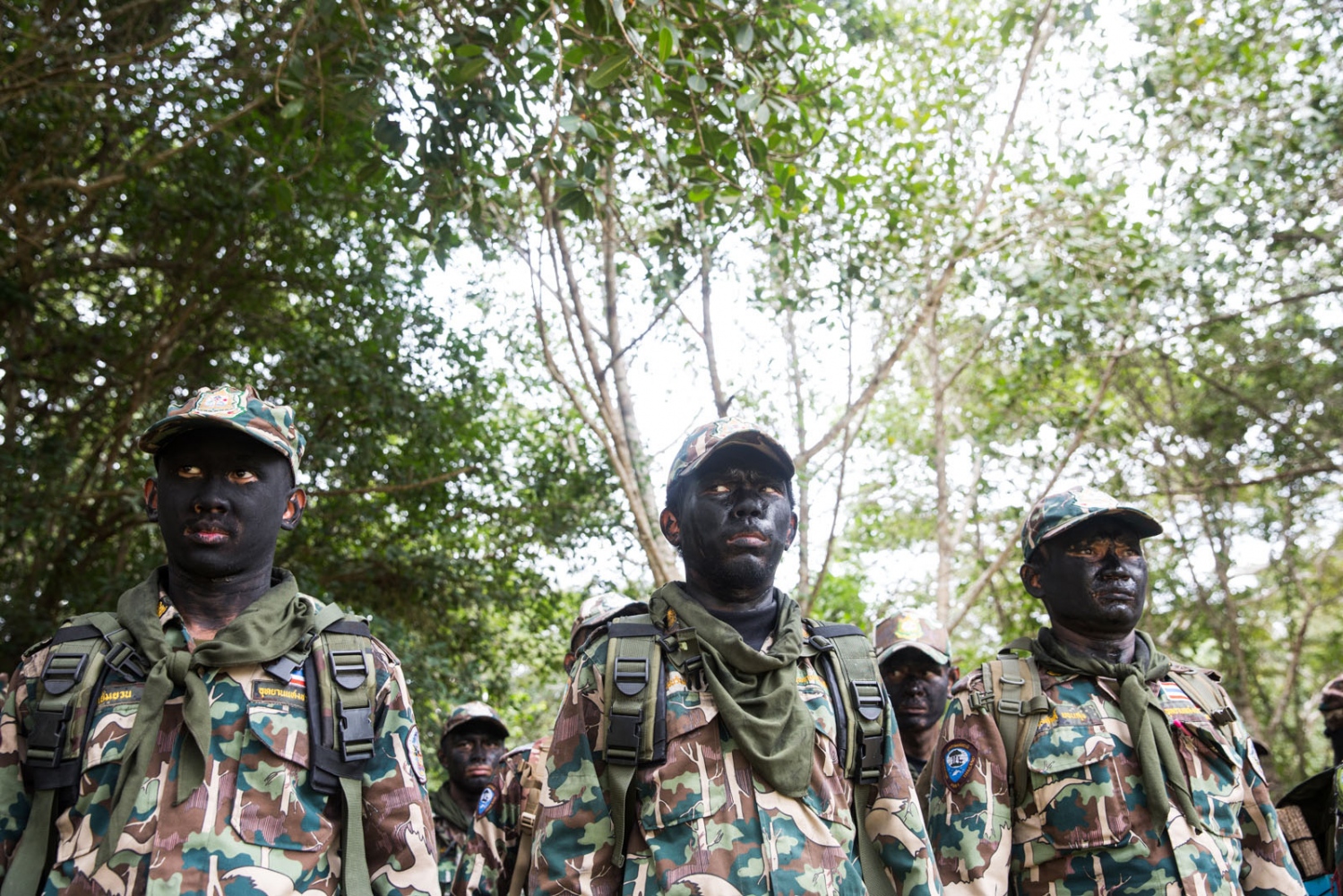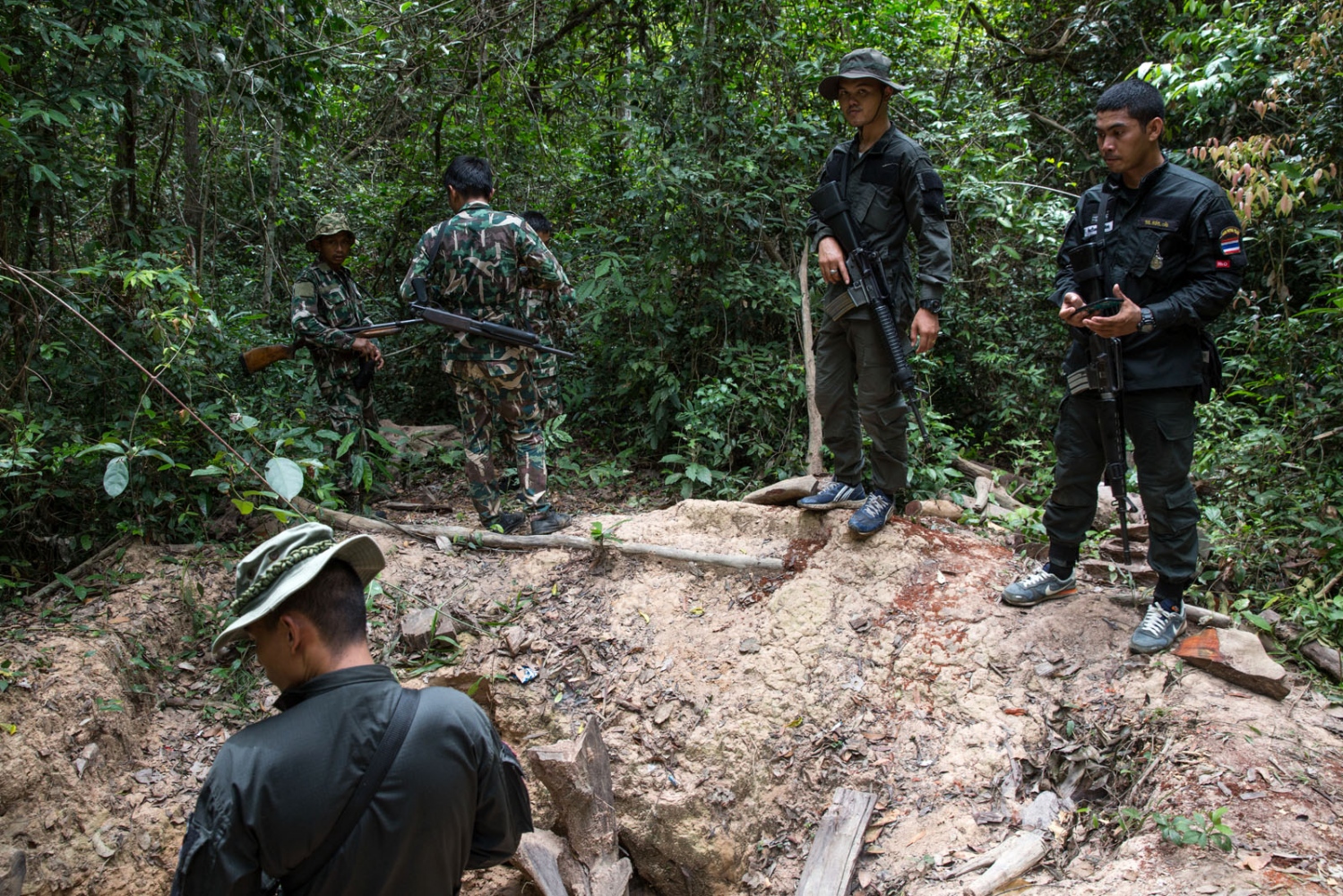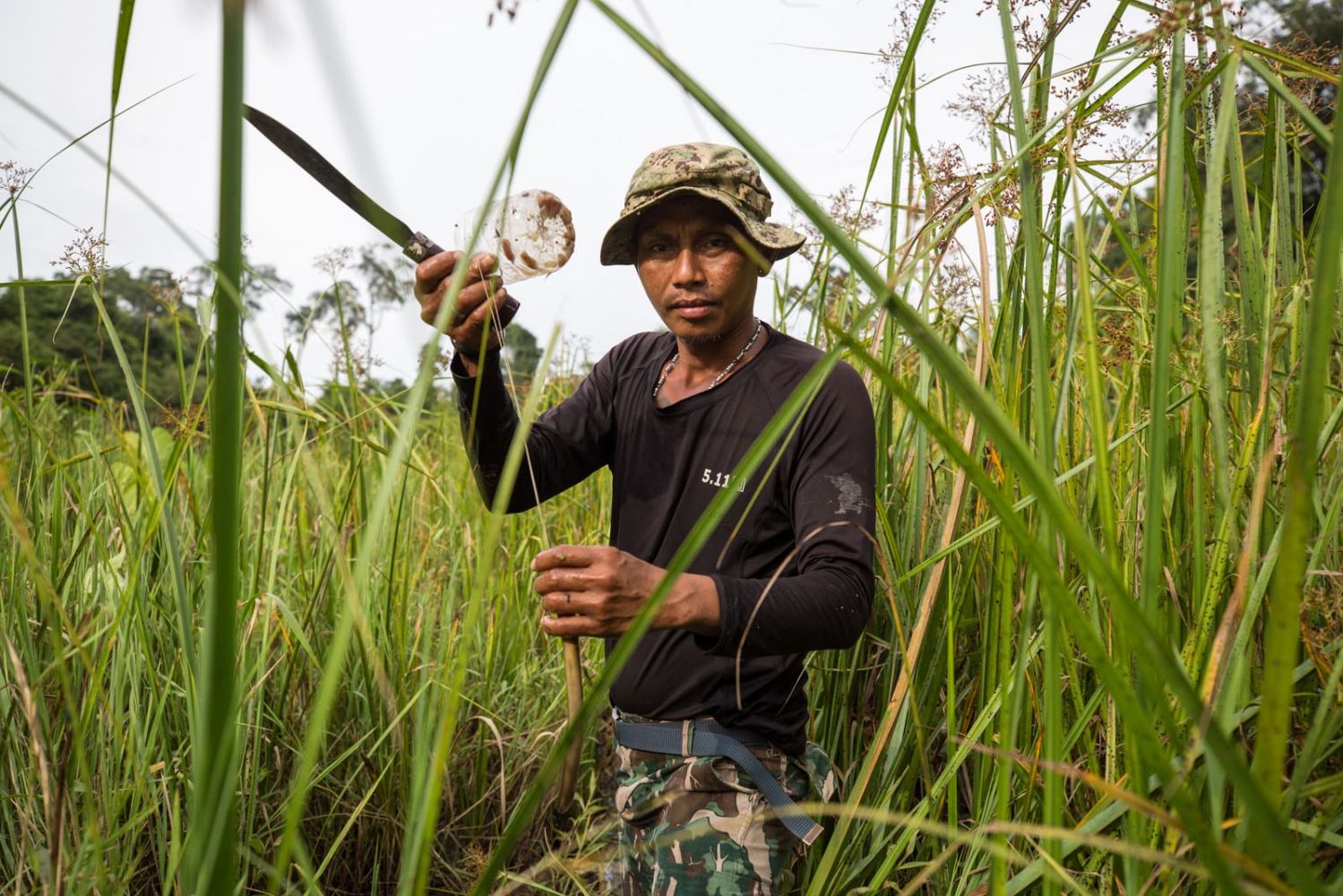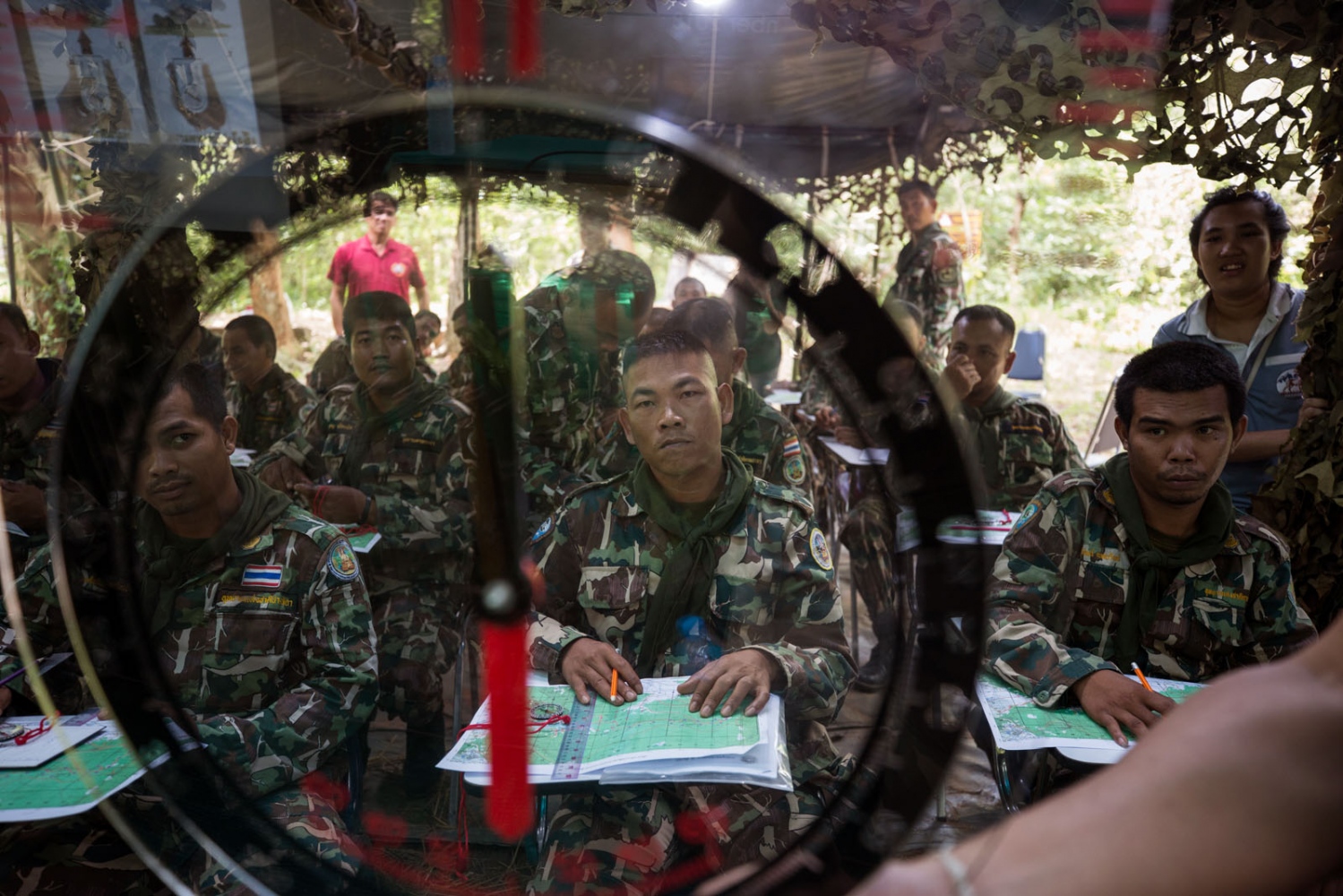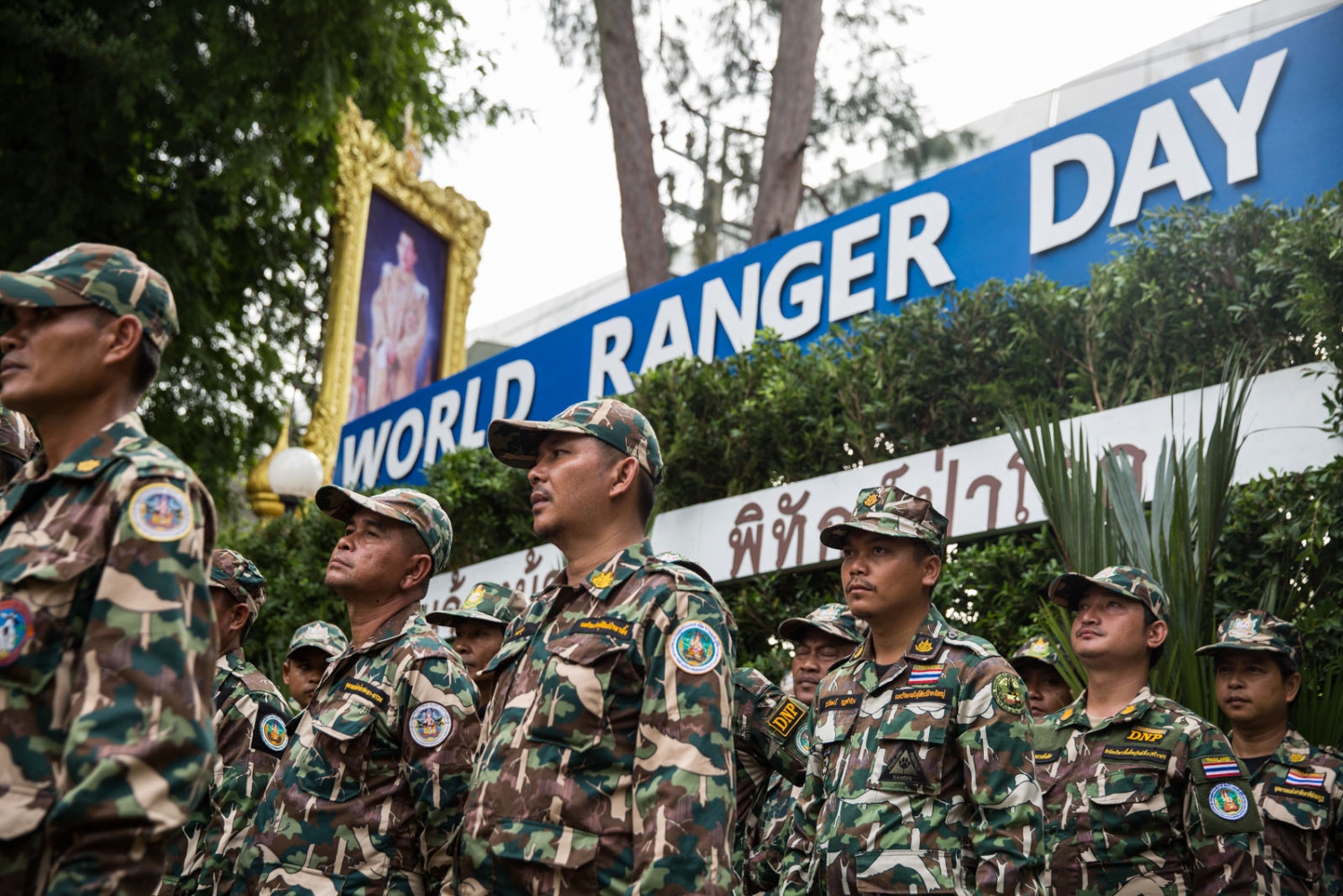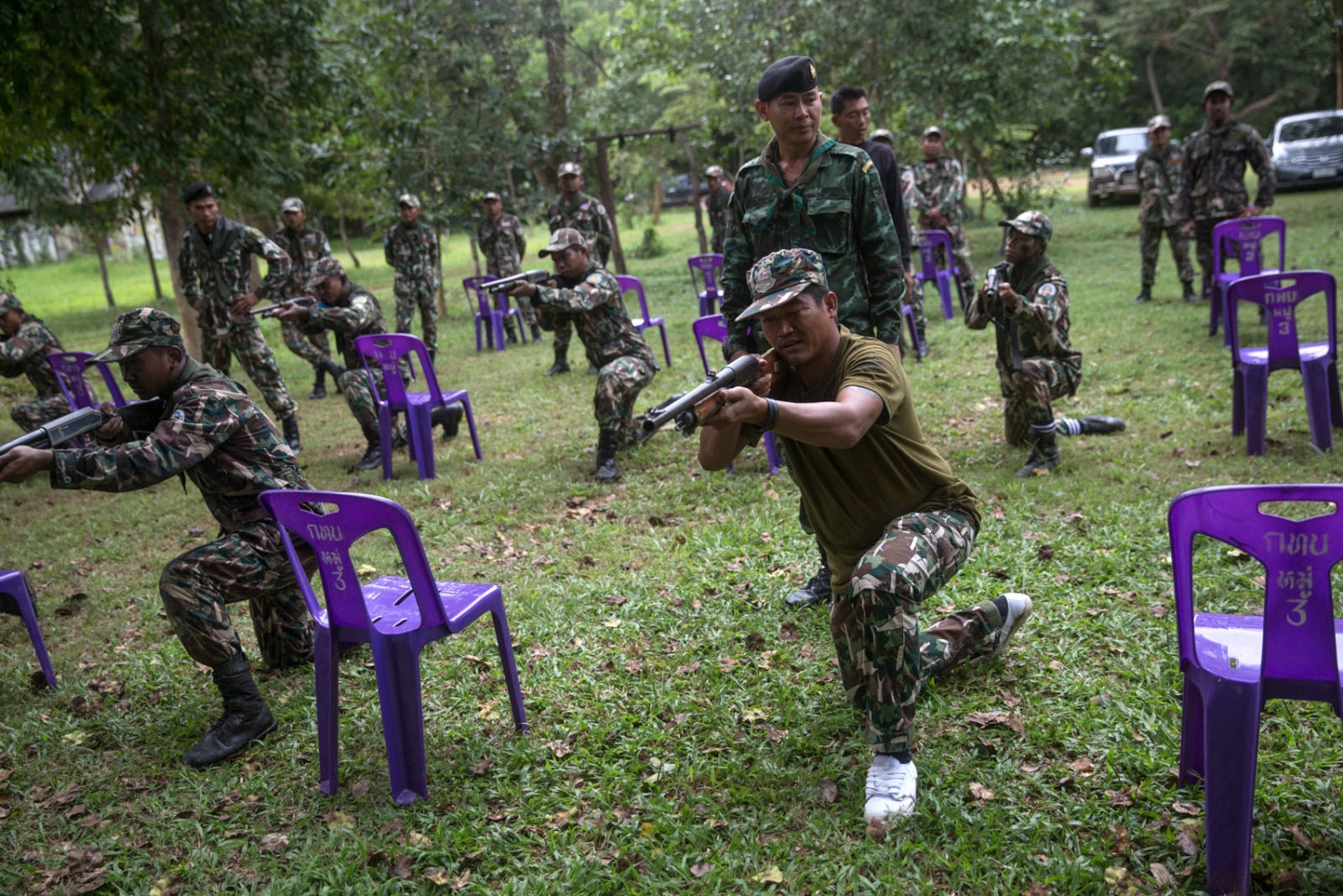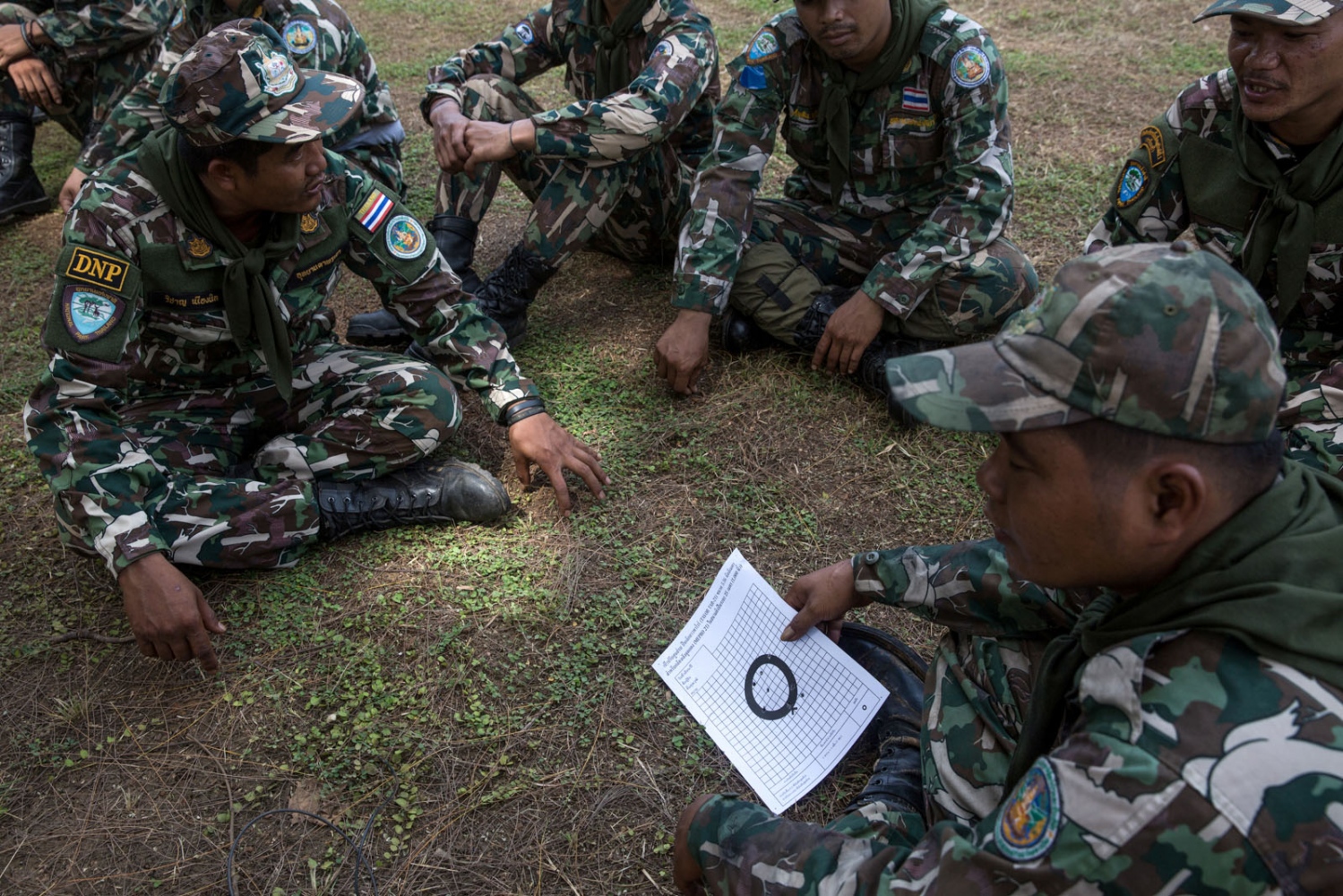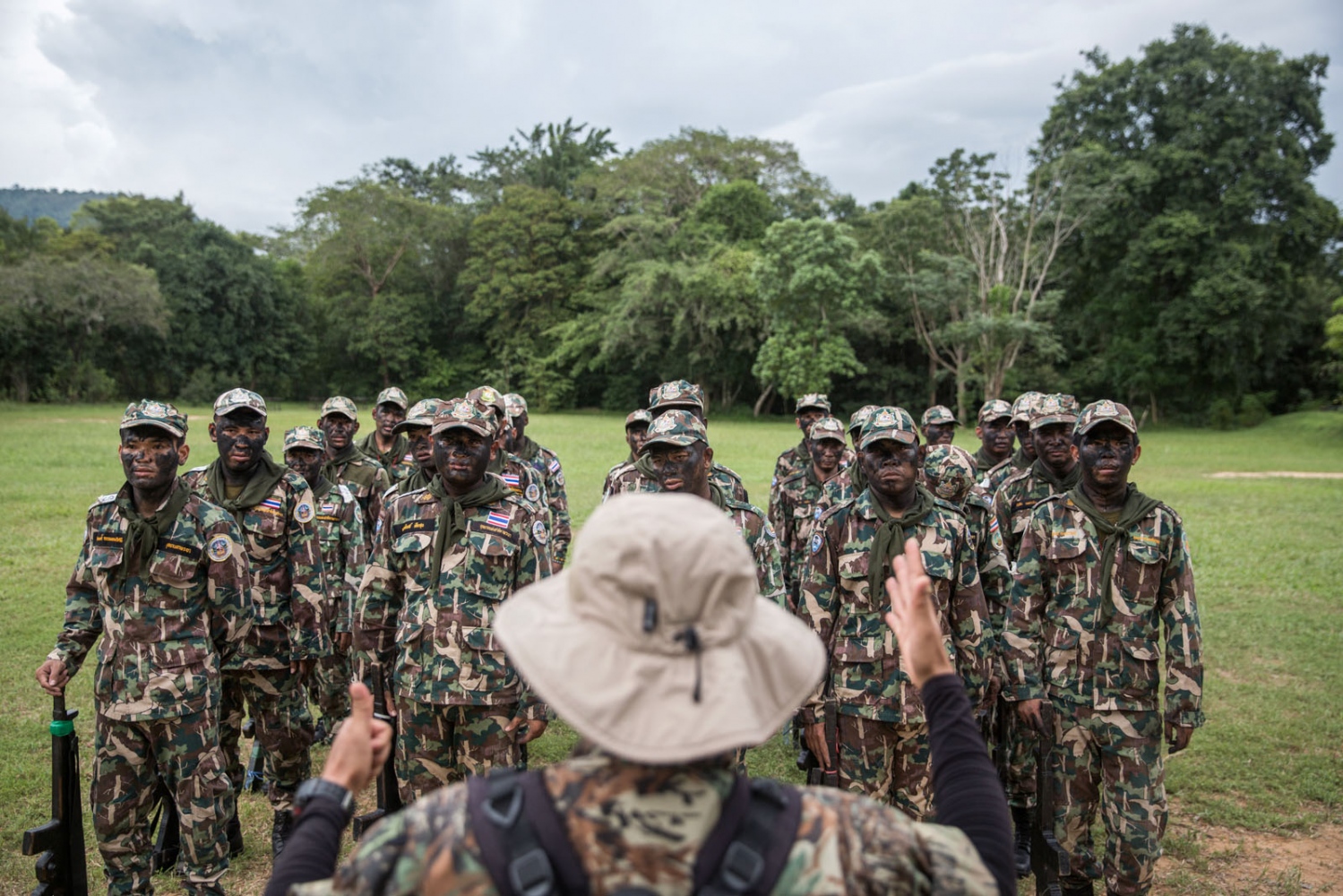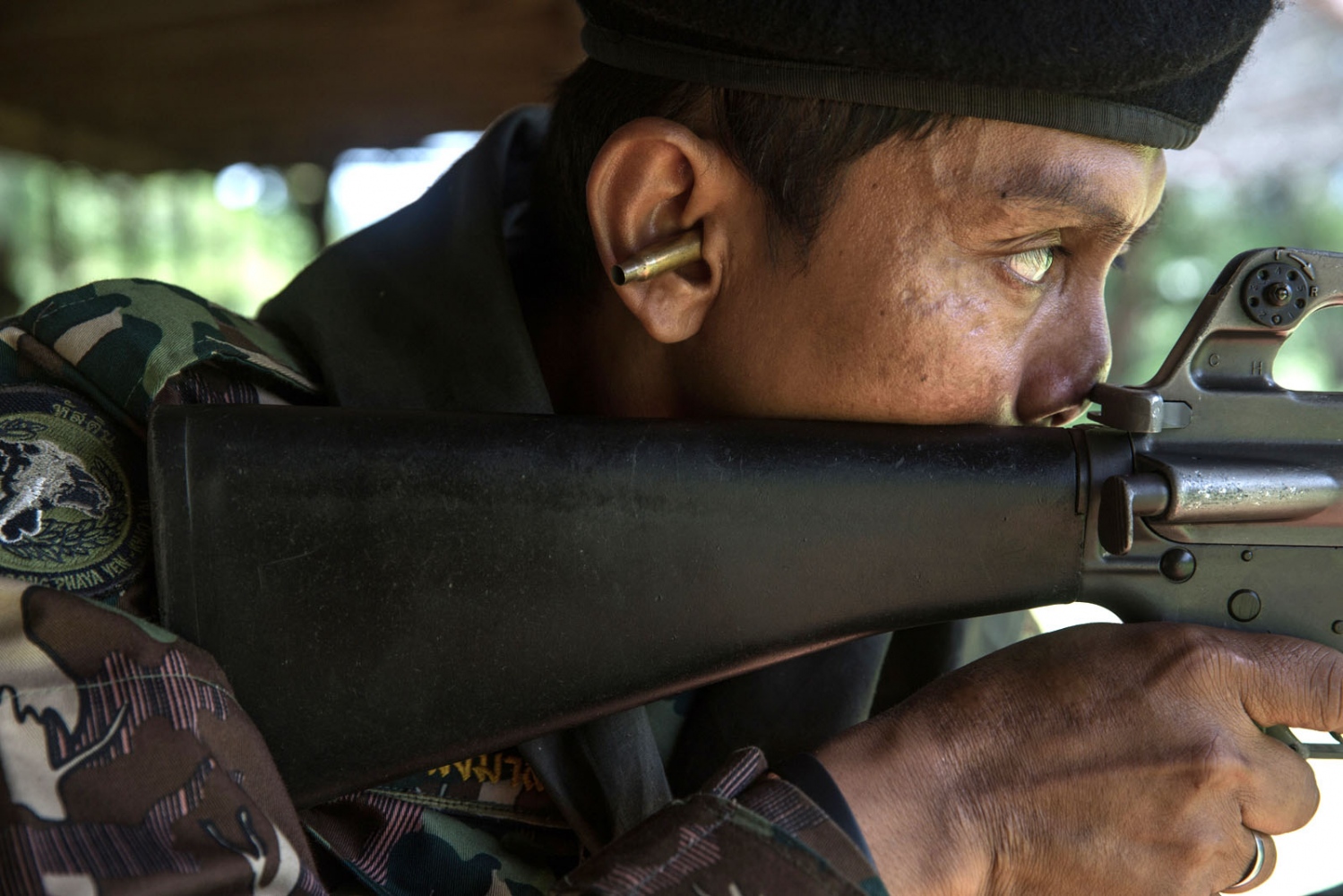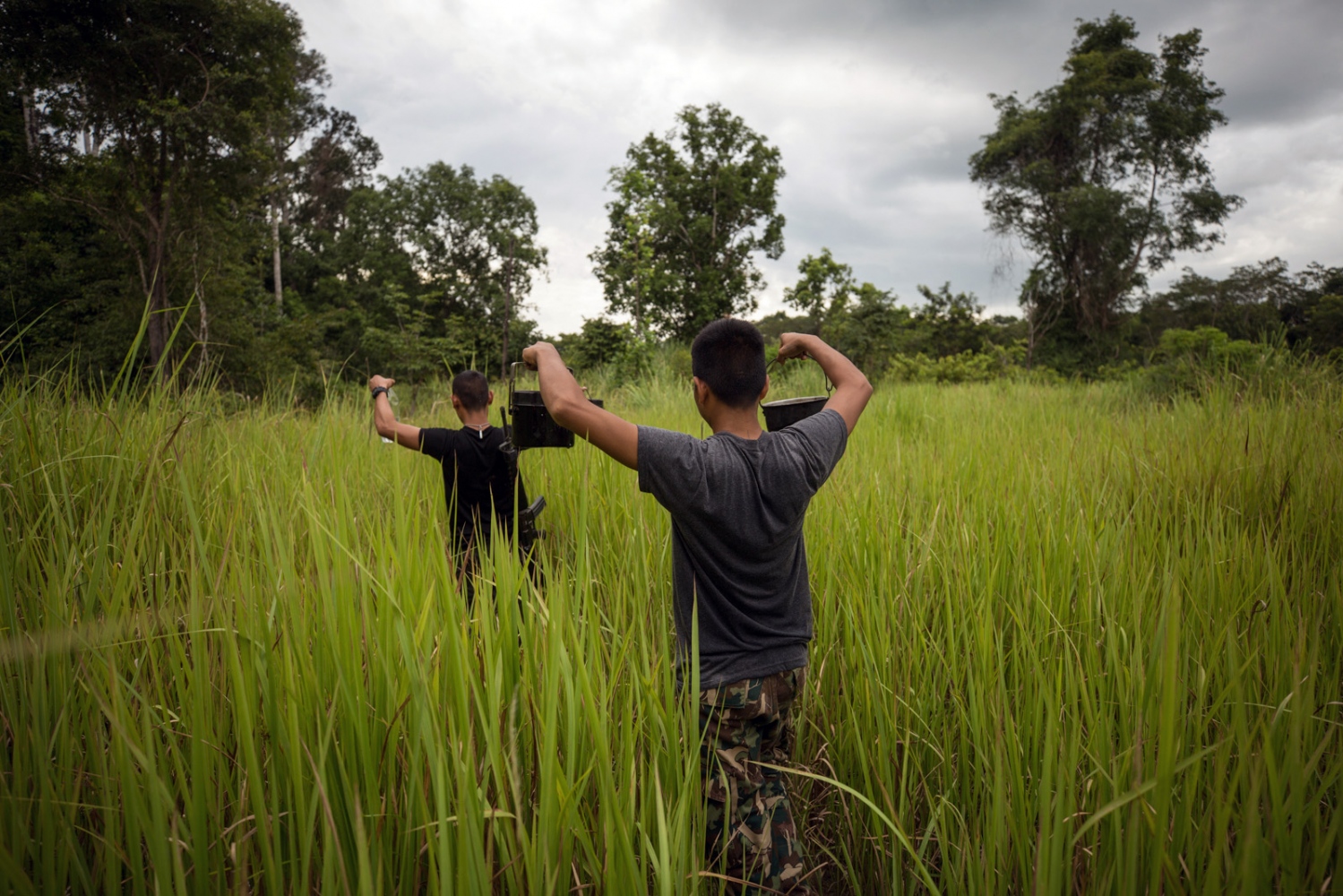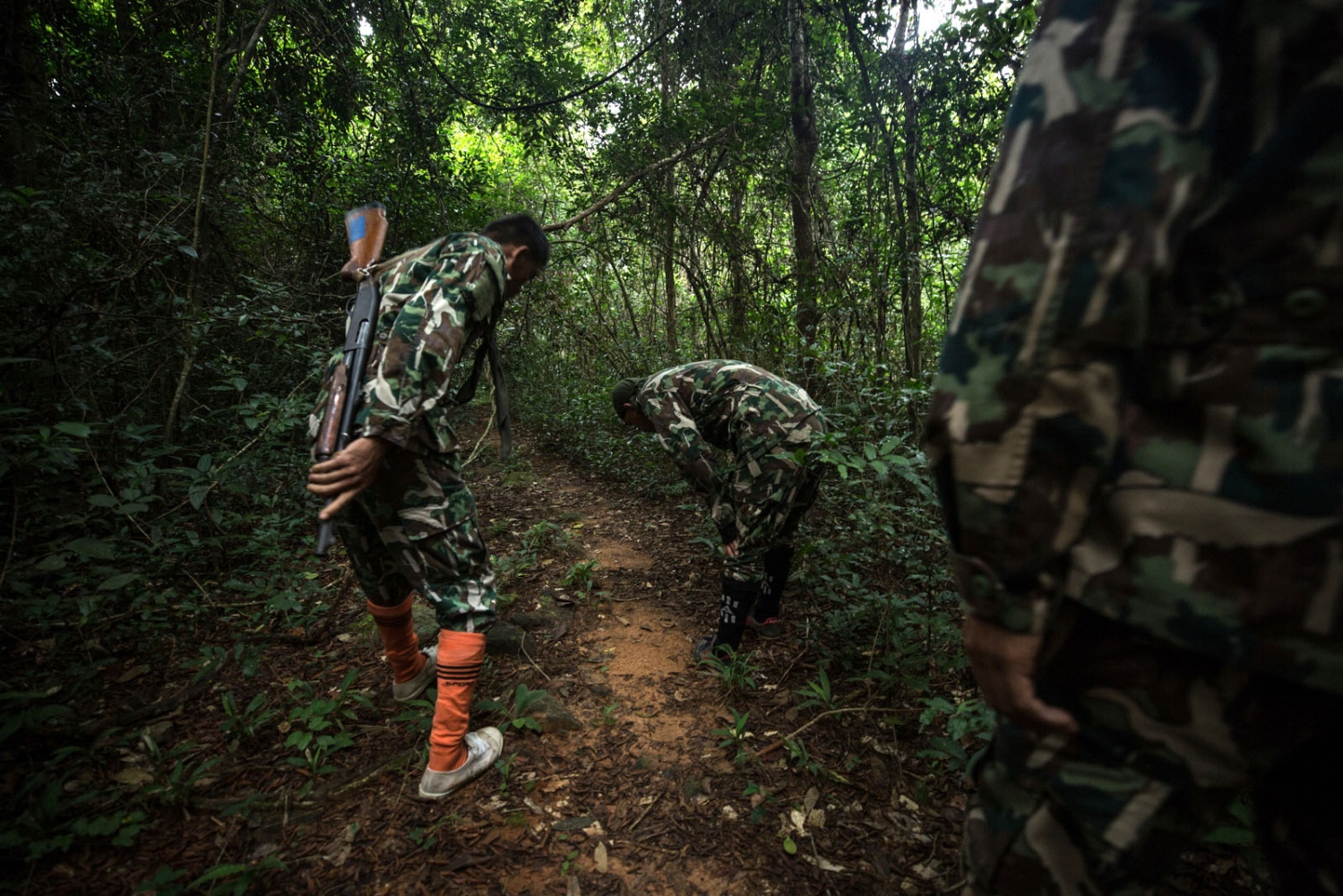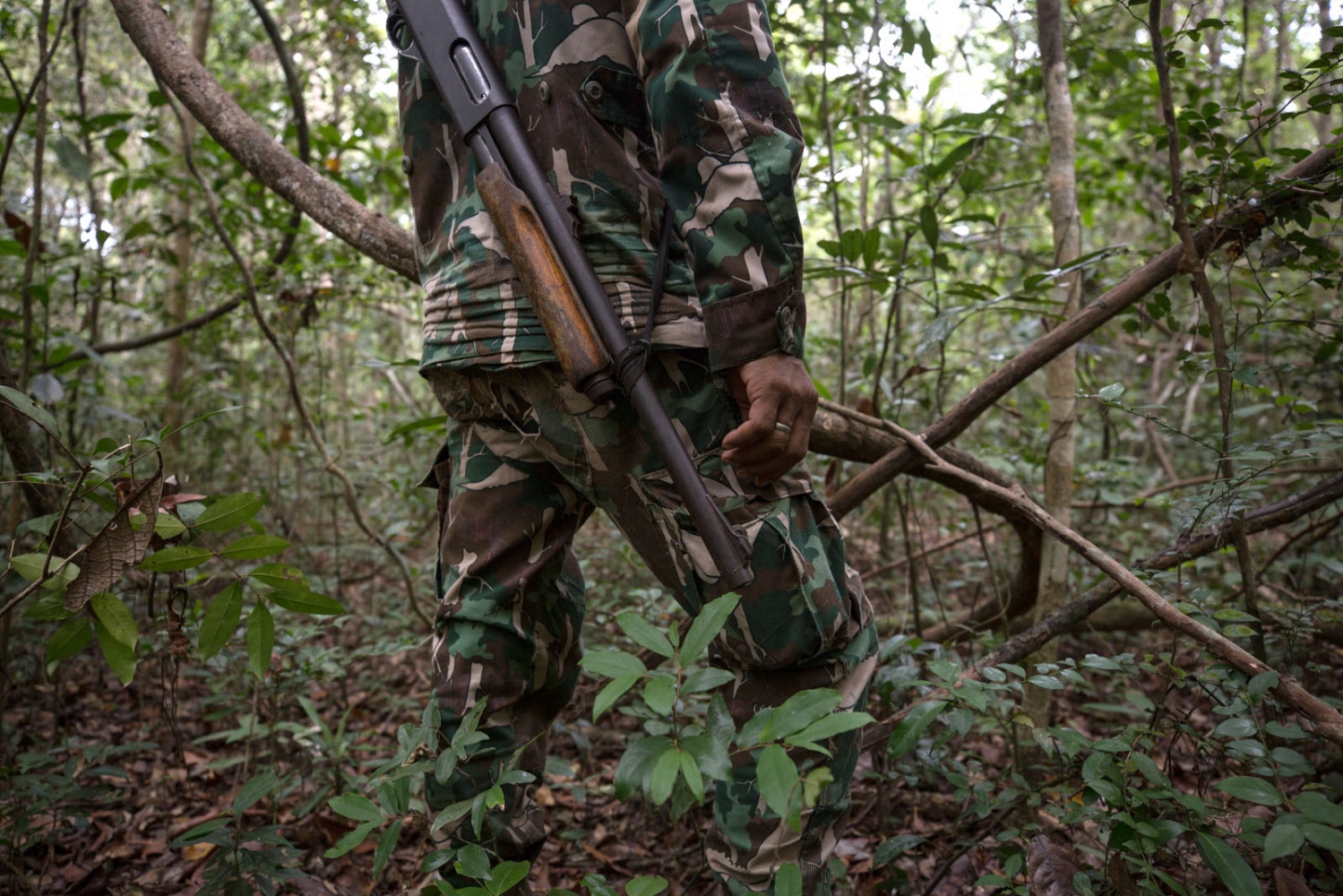Public Story
PROTECTING THAILANDS ROSEWOOD
Siamese rosewood is a hard wood species now only found in remote forest areas of the Mekong Region – Thailand, Laos, Vietnam and Cambodia. Loved by Chinese consumers for its deep red colour when polished and converted to furniture, it now fetches such a high market price that it has been logged to near extinction and is now critically endangered. Listed under the Convention on International Trade in Endangered Species (Cites) in 2013 in an attempt to curb the decimation of south-east Asia’s remaining stocks. The listing should have prohibited the international trade in logs, sawn timber and veneers, but an annotation allowing for the legal trade in “semi-finished” products of Siamese rosewood has provided a catastrophic loophole.
Thais don’t share their Chinese counterparts love of the wood and as a result until recently Siamese rosewood could be found in abundance in Thailand when it had all but been cleared in neighbouring countries. This limited source has sent prices sky-rocketing and made Thailand’s National parks the focus for illegal logging syndicates that sneak across the Cambodian border to fell the remaining trees. According to the Environmental Investigation Agency (EIA) the trade in rosewood saw US$1.2bn worth of the wood imported to China between 2000-2014 and it currently fetches a price of around US$40,000 per ton.
With legal restrictions in place the trade has moved underground attracting mafia-like syndicates who hire poor Cambodian villagers to cross the border from Cambodia to fell the trees and smuggle the wood back in to Cambodia where it is prepared for shipping to China. For the Thai Forest Rangers charged with protecting the forests this has proved increasingly more dangerous putting pressure on the shoulders of Thailand’s poorly equipped forest rangers who are the last hurdle for the illegal-gangs who often enter the forests heavily armed with AK-47’s and grenades along with their chainsaws.
Between 2009 and 2013 over 40 park rangers were shot dead and in 2015 alone 7 rangers were killed. So, violent has it begun that in mid-2017 Thailand’s Ministry of Natural Resources and Environment announced the purchase of almost 4,000 additional shotguns for its forest rangers. Thailand is desperate to combat this issue but whilst there are still trees worth hundreds of thousands of dollars located deep in the forest the illegal loggers are going to make that goal very difficult.
In addition, to the rosewood problem rangers regularly have to deal with the usual suspects of animal poachers and encroachment by nearby communities. Rangers are at the forefront of forest protection to try to curb all these illegal activities. Yet, they only receive around US$300-400 per month, use old weapons and often have to buy additional food to supplement the rations they take in to the forest. Life is hard but they do so out of a longing to keep the forests intact and teaming with wildlife.
This is an on-going project documenting the work of Thailand's forest rangers in their fight to protect the forests.

